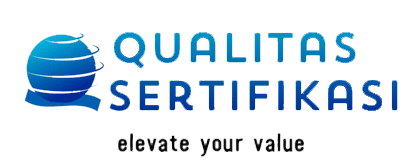Indonesia: A Paradise Drowning in Plastic
Hi there, Qualizer! Welcome back to another insightful discussion. Today, we're diving into a critical environmental issue – the ocean plastic waste crisis in our beloved country.
Indonesia, an archipelago nation famed for its turquoise waters, emerald rainforests, and vibrant coral reefs, faces a silent enemy: plastic waste. This tropical paradise, home to over 17,500 islands and a quarter-billion people, has become one of the world's biggest plastic polluters, tragically choking its own breathtaking beauty.
In this article, we're shifting our focus to a critical environmental issue close to our hearts – the ocean plastic waste crisis in Indonesia.
The Alarming Surge of Ocean Plastic Waste
Indonesia generates over 7.8 million metric tons of plastic annually, making it a significant player in the global plastic pollution crisis, ranks second only to China in the amount of plastic it dumps into the ocean. That's like dumping 100 garbage trucks full of plastic into the sea every single day. The country's extensive coastlines, coupled with insufficient waste management infrastructure, have created a perfect storm for the proliferation of plastic waste in its oceans. Single-use plastics, such as bottles, bags, and packaging materials, contribute significantly to this crisis, with estimates suggesting their substantial presence in marine environments.
Impact on Marine Life
The repercussions of Indonesia's struggle with ocean plastic waste are staggering. Over 1 million marine animals are estimated to be harmed or killed annually due to plastic debris in the oceans. Sea turtles, dolphins, and various fish species fall victim to entanglement or ingestion of plastic debris. Additionally, the breakdown of larger plastic items leads to the formation of microplastics, further infiltrating the food chain and endangering marine life.
Root Causes of the Crisis
Several factors contribute to the ocean plastic waste crisis in Indonesia. Inadequate waste management infrastructure, lack of public awareness, and the sheer volume of single-use plastics are key challenges. The country's plastic production and consumption patterns, combined with limited alternatives, exacerbate the problem.
The culprit? A rampant reliance on single-use plastics like bags, bottles, and food packaging. An estimated 10 billion plastic bags are discarded in Indonesia every year, amounting to a staggering 85,000 tonnes of waste.
Government Initiatives and Challenges
In response to the crisis, the Indonesian government introduced the National Action Plan on Marine Plastic Debris, aiming to reduce plastic waste by 70% by 2025. However, the scale of the issue poses significant challenges. Indonesia faces obstacles such as limited resources, enforcement issues, and the need for comprehensive waste management infrastructure to effectively implement and enforce these measures.
Community-Led Solutions
Amidst these challenges, grassroots initiatives and community engagement play a vital role in the fight against ocean plastic waste. Local organizations and communities are actively involved in cleaning up beaches, raising awareness, and implementing waste reduction strategies. Embracing the "refuse, reduce, reuse, and recycle" mantra, these initiatives empower individuals to make informed choices and actively reduce their plastic footprint.
What You Can Do
This is not just Indonesia's problem; it's a global crisis. As consumers, we all have a role to play. Here's how you can be part of the movement:
- Reduce your plastic footprint: Say no to single-use plastics, carry reusable bags and water bottles, and choose products with minimal packaging.
- Support sustainable businesses: Look for brands committed to reducing plastic waste and using recycled materials.
- Spread awareness: Talk to your friends and family about the issue and encourage them to make conscious choices.
- Donate or volunteer: Support organizations working to address plastic pollution in Indonesia and beyond.
Remember, every action, however small, can make a difference. Together, we can be the generation that turns the tide on plastic pollution and restores the beauty of Indonesia's oceans for generations to come.
Our battle against ocean plastic waste is underscored by alarming statistics and the urgent need for collective action. While the government takes steps to address the crisis, grassroots initiatives, community engagement, and international collaboration are pivotal in creating lasting change. The journey towards cleaner oceans requires sustained efforts, education, and cooperation. Through these combined endeavors, Indonesia can pave the way for a cleaner, healthier future for its marine ecosystems and set an example for the global community.
If you're interested in learning more about certification services related to plastic waste in the ocean, please visit our
website! Together, let's explore ways we can contribute to cleaner oceans.
Recent posts
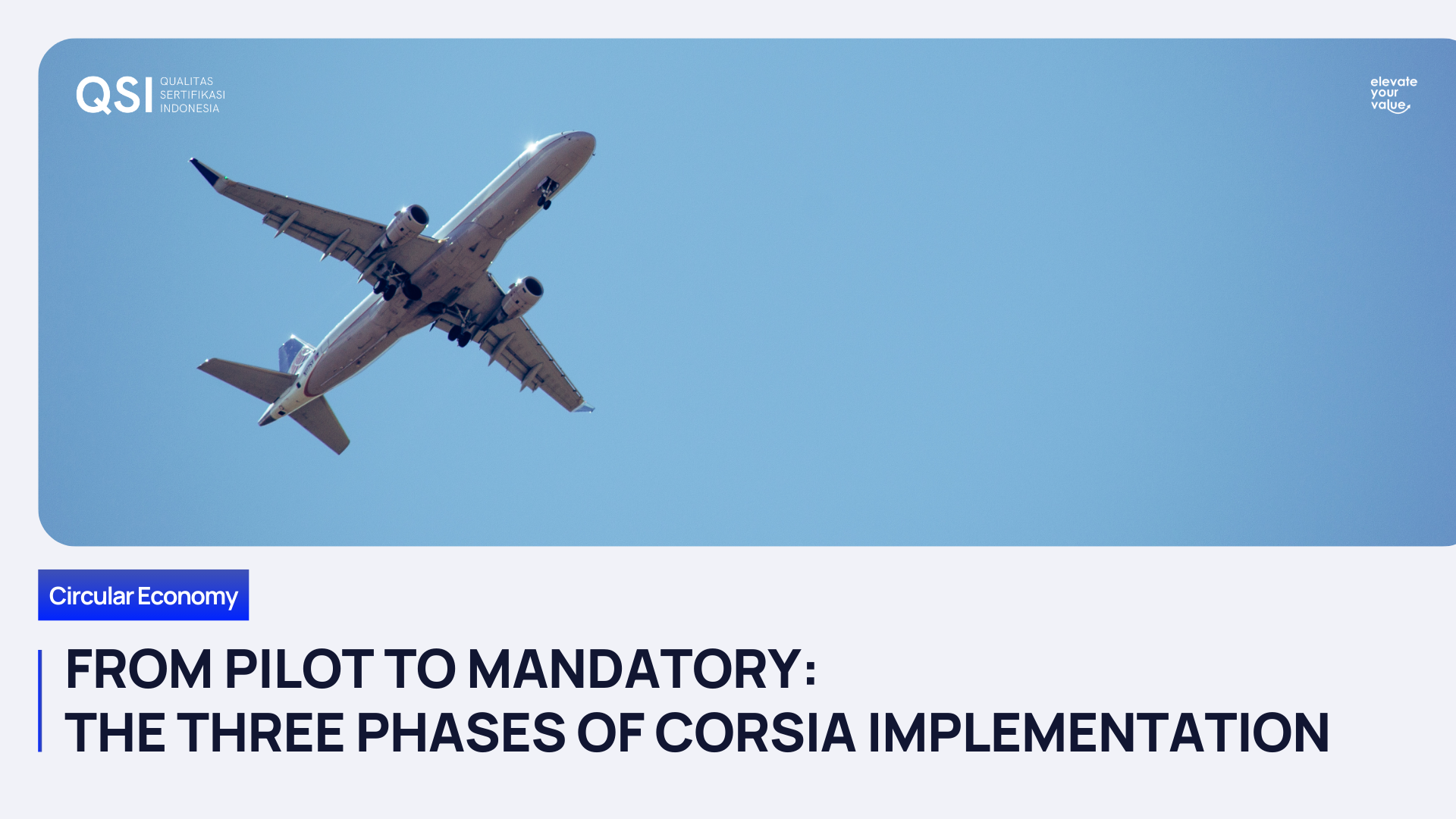
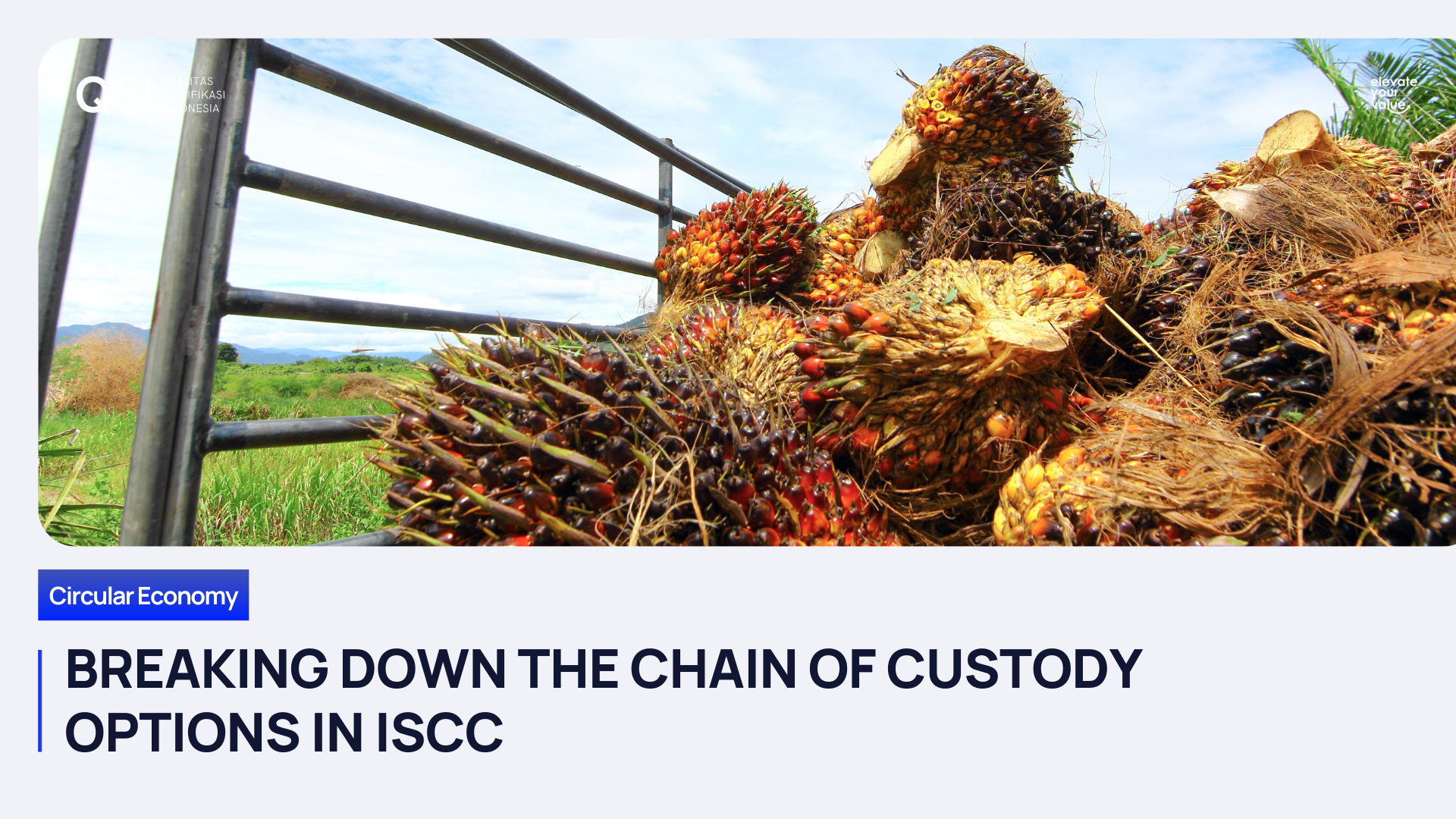
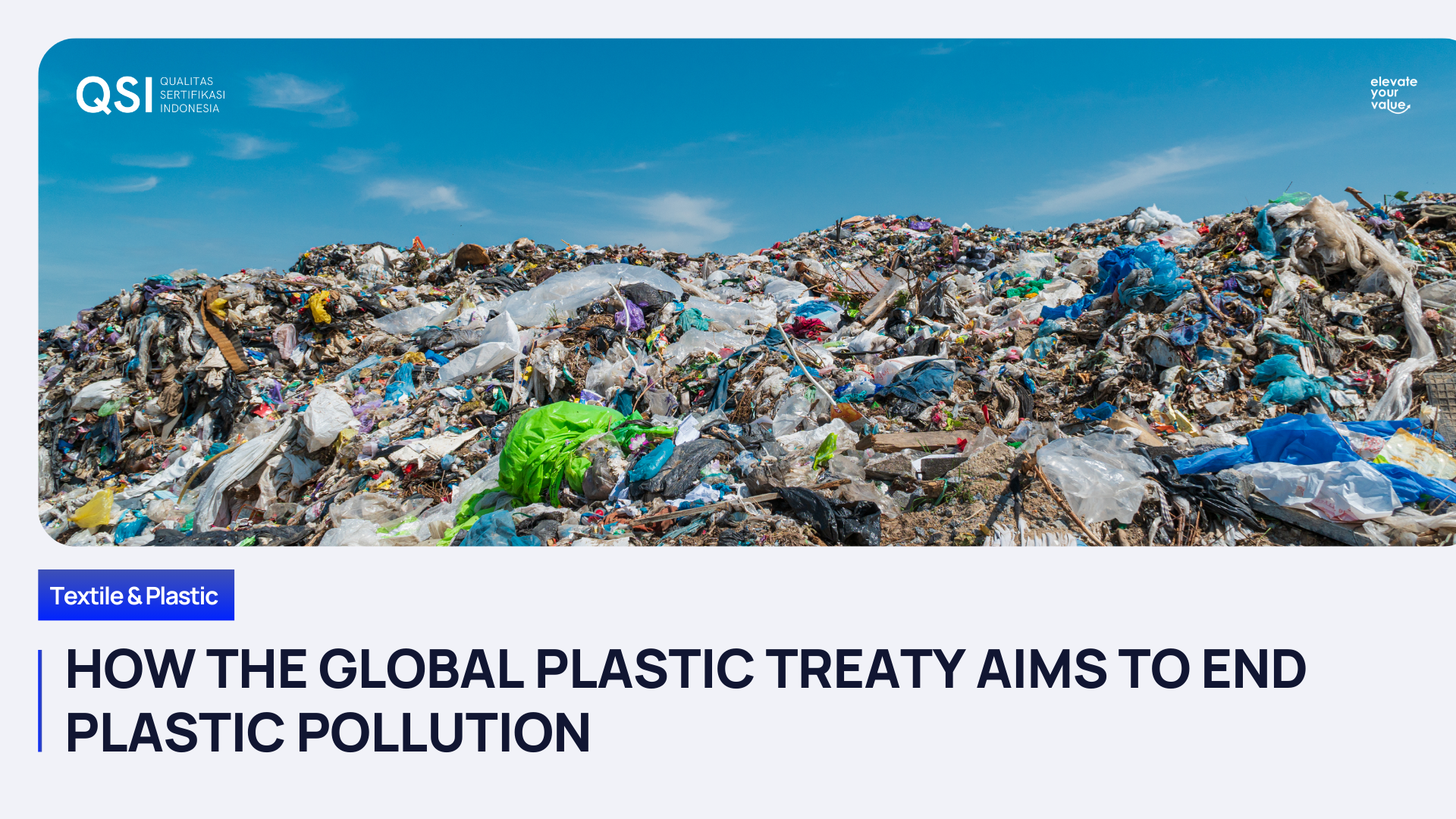
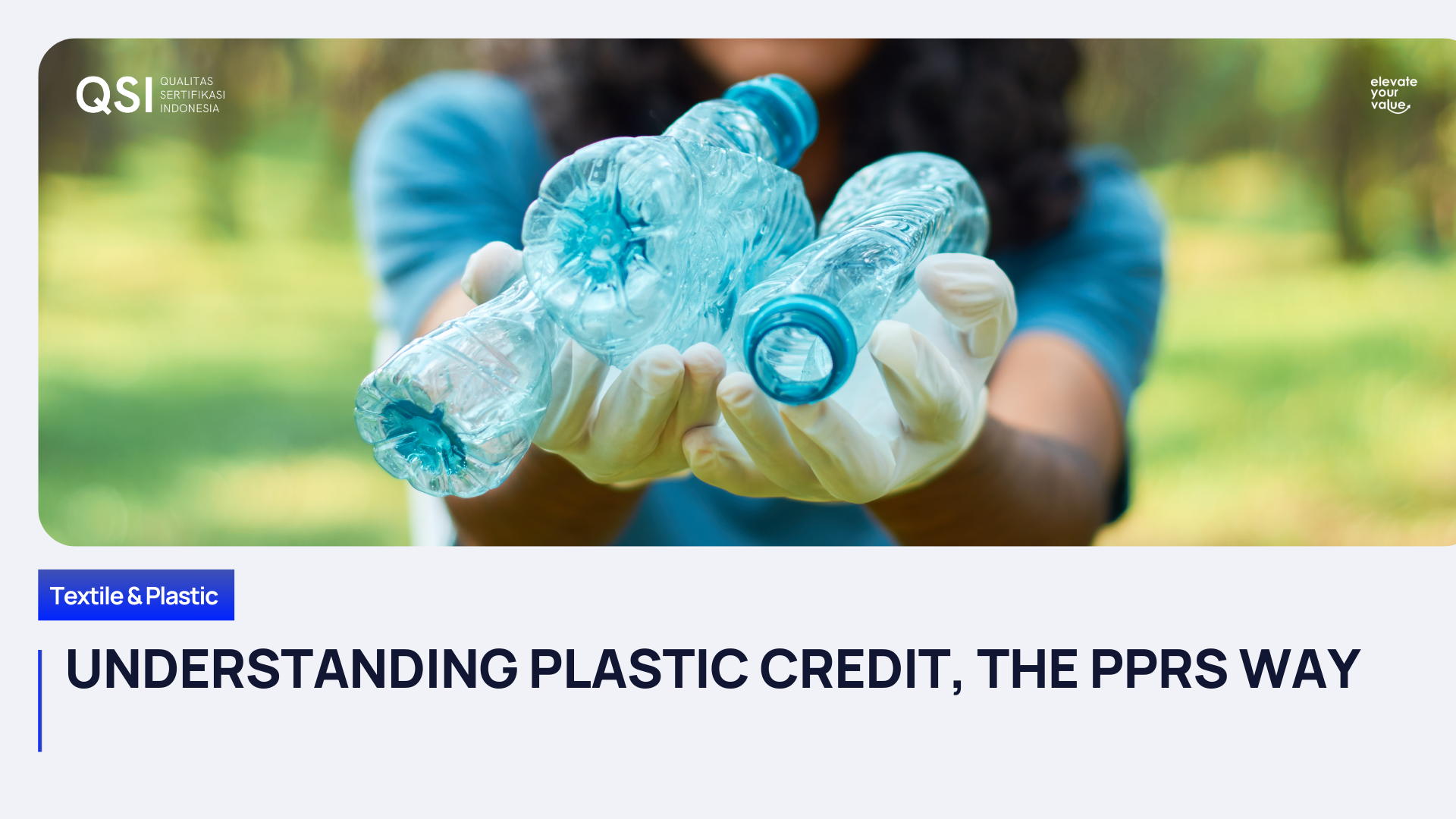
Drop us a line
Contact Us
We will get back to you as soon as possible.
Please try again later.
Share



General Inquiries
Phone
+62 21 2949 1946
Headquarter
The CEO Building, Level 12th
Jl. TB Simatupang No. 18C
Cilandak Barat, Cilandak
Jakarta Selatan, DKI Jakarta 12430
Indonesia
Operational
Menara Sun Life, 7th Floor
Jl. Dr. Ide Anak Agung Gde Agung Blok 6.3
Kuningan Timur, Setiabudi
Jakarta Selatan, DKI Jakarta 12950
Indonesia
Programs
Quick Links
Qualitas Sertifikasi Indonesia
PT Qualitas Sertifikasi Indonesia
